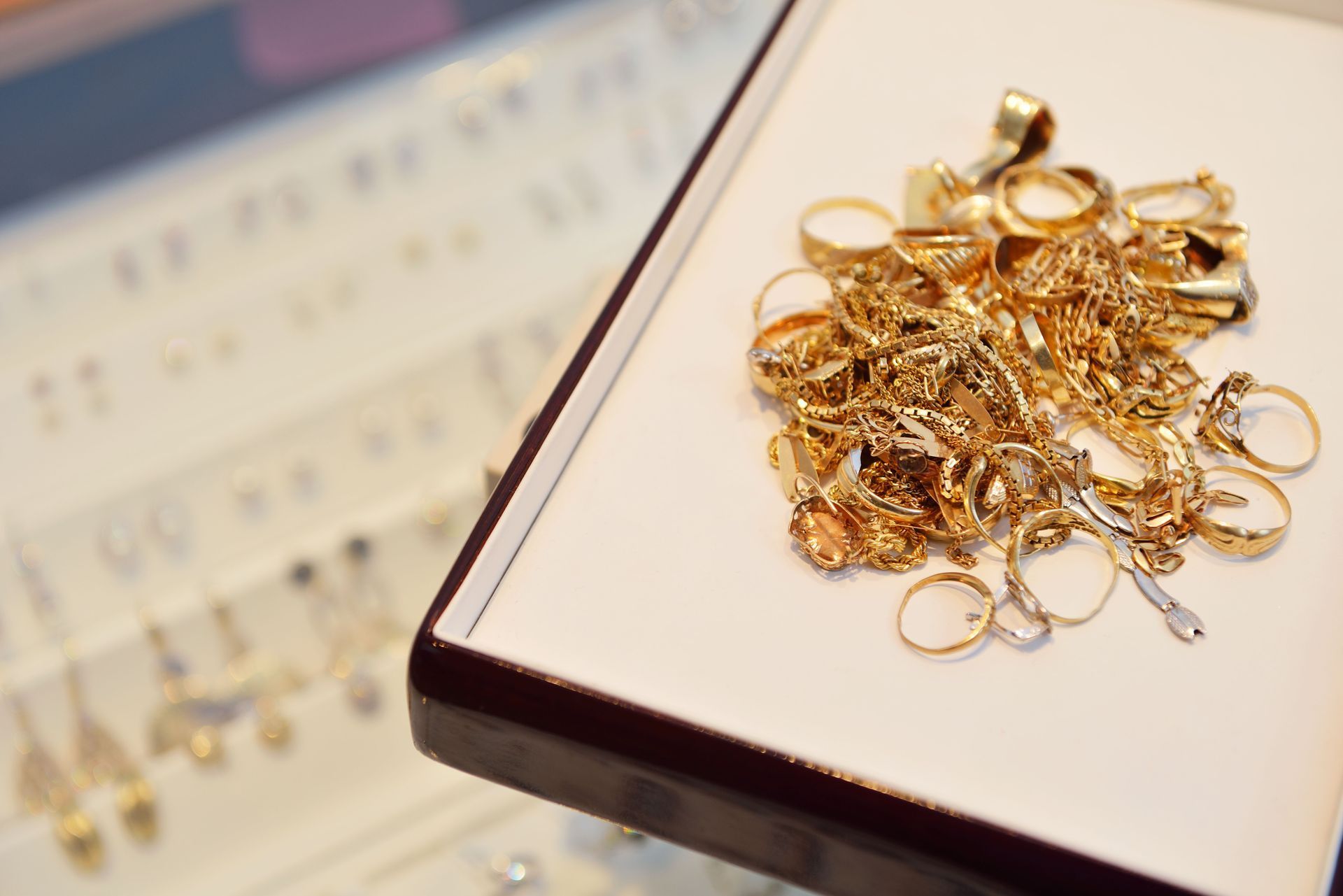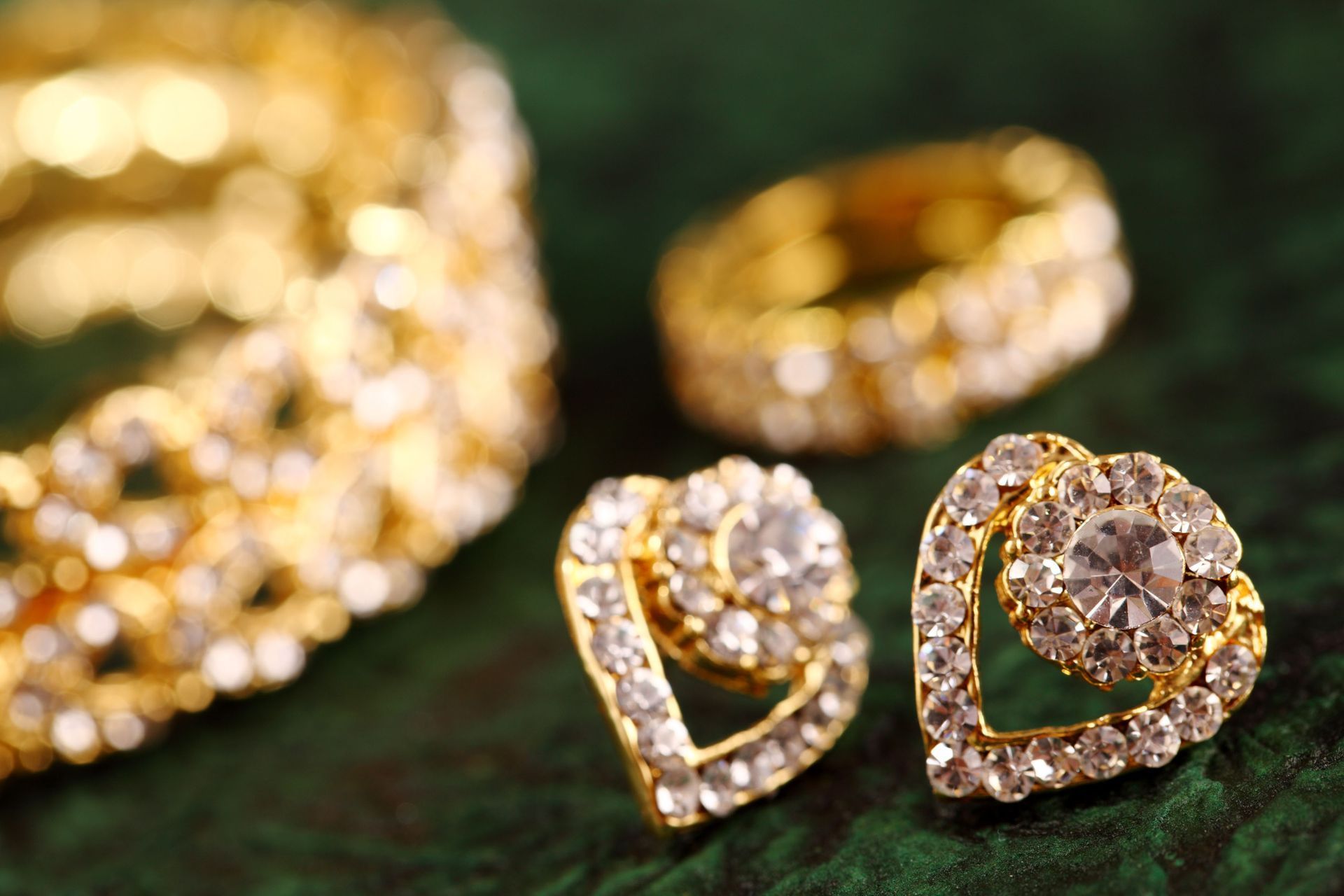June 11, 2025
Gold, as a precious metal, has fascinated civilizations across the globe for centuries. Today, the allure of gold is not just confined to its physical properties and beauty, but also extends to its economic value. Individuals and investors, driven by a myriad of reasons, frequently consider selling gold jewelry. Whether prompted by financial need, investment strategies, or market conditions, the demand to sell gold jewelry is a phenomenon worth exploring. Let's delve into the various factors motivating this market trend.
Economic Uncertainty
One of the significant triggers for selling gold jewelry is economic uncertainty. During periods of financial instability, such as recessions, inflation spikes, or global crises, individuals often turn to their tangible assets for support. Gold jewelry, which often lies unused in drawers and safes, represents an accessible form of wealth that can be quickly converted into cash.
This need is largely driven by how gold tends to retain its value better than many other assets during turbulent economic periods. While stocks may fall and real estate may stagnate, gold prices often hold steady or rise. As job losses, increased debt, or unexpected medical costs arise, selling gold jewelry becomes a practical and immediate solution to generate liquidity and secure financial footing.
Rising Gold Prices
Another compelling factor influencing the decision to sell gold jewelry is the fluctuation of gold prices. When prices surge, sellers are naturally tempted by the prospect of maximizing returns. Savvy individuals pay close attention to the market, tracking gold's value over time and waiting for optimal selling opportunities.
According to the World Gold Council, the boiling point of gold is 2808 degrees centigrade, a testament to its remarkable durability. This inherent durability, combined with its historically strong performance as an investment, gives sellers confidence in its value. When gold prices are high, selling gold jewelry becomes a way to unlock immediate profit without the need for complex financial transactions or third-party intermediaries.
Changing Fashion Trends
Fashion trends also play a substantial role in the decision to sell gold jewelry. As styles evolve and tastes shift, once-treasured pieces may feel outdated or no longer match an individual’s personal aesthetic. Vintage or traditional designs might be replaced by minimalist or contemporary looks that better suit modern wardrobes.
This constant change in fashion fosters a vibrant secondary market for gold jewelry. Individuals looking to update their collections often sell off old items to fund new purchases. In this way, selling gold jewelry becomes part of a cycle of reuse and renewal, contributing to sustainable fashion while also offering financial value in return.
Inheritance and Emotional Detachment
Inherited gold jewelry often carries emotional significance, but that doesn’t always translate to personal value or wearable appeal. Many individuals receive jewelry that simply doesn’t align with their lifestyle, taste, or values. Over time, emotional detachment from these items may grow, prompting a decision to part with them.
Rather than letting these pieces collect dust, some choose to sell gold jewelry and use the funds for meaningful experiences or financial goals. Others may prefer to repurpose inherited jewelry, melting down the gold for custom designs or reinvesting the proceeds into savings or investments. Selling inherited jewelry offers a respectful way to transform the past into something personally relevant and financially beneficial.
Investment Strategies
Gold has long been considered a safe-haven asset, often offering protection against economic volatility. However, as financial landscapes change, some individuals choose to sell their gold jewelry to reallocate resources into different types of investments. This can include stocks, bonds, real estate, or even digital assets, depending on their risk tolerance and financial goals.
Strategic investors may sell gold jewelry during market highs to capture gains and use those profits to diversify their portfolios. The cyclical nature of the gold market means that prices will rise and fall, giving sellers opportunities to capitalize at the right moment. For these individuals, selling gold jewelry isn’t just a reaction to hardship; it’s a proactive financial strategy.
Ultimately, the decision to sell gold jewelry reflects a balance between sentiment, practicality, and timing. It's a decision that offers flexibility, financial benefit, and the opportunity for renewal—whether in the form of cash, investments, or updated personal style. For these reasons, the demand to sell gold jewelry is expected to continue as part of the global economic conversation. If you're located in the Cherry Hill, NJ community, visit our family-owned, trusted cash-for-gold shop. Our team at Cherry Hill Treasure Exchange is eager to assist you!



